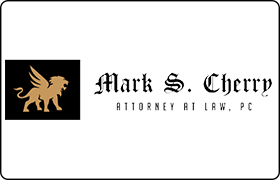Fort Dix Bankruptcy Lawyer, New Jersey, page 4
Sponsored Law Firm
-
 x
x

Click For More Info:
-
Mark Cherry Law
385 Kings Highway North Suite 101 Cherry Hill, NJ 08034» view mapBankruptcy & Debt Where Every Client Matters
We want our clients to be confident and secure knowing we are a law firm ready to take on the fight and challenge with them.
800-824-6431
Includes: Bankruptcy Litigation, Commercial Bankruptcy, Consumer Bankruptcy, Dissolution
FREE CONSULTATION
CONTACT Mark Cherry Cherry Hill, NJ
Mark Cherry Cherry Hill, NJ AboutMark Cherry Law
AboutMark Cherry Law Practice AreasSpecializations
Practice AreasSpecializations
